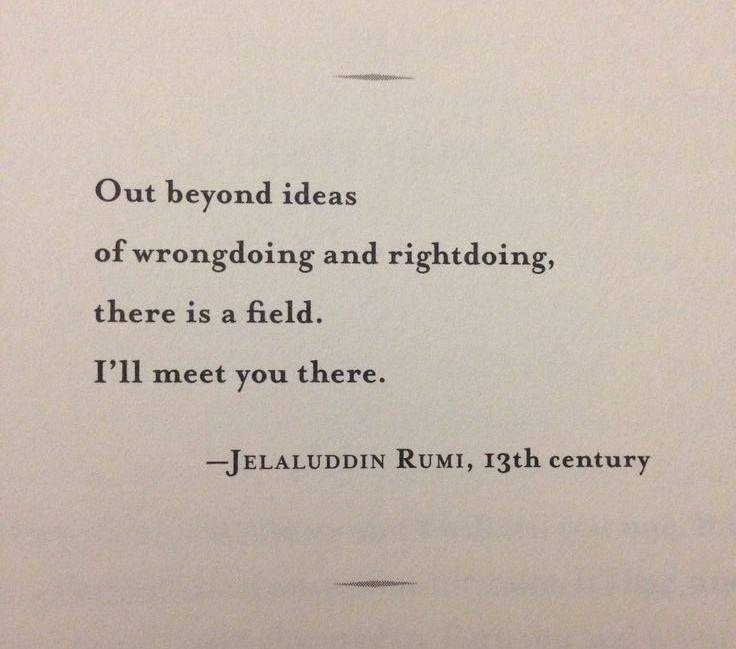
Join us in New York:
https://t.co/ZataiOdU4J
2 subscribers
How to get URL link on X (Twitter) App


 Also known as ‘Shab-i Chilla,’ Yaldā falls on December 21st, which is the end of the Iranian month ‘Āzār.’
Also known as ‘Shab-i Chilla,’ Yaldā falls on December 21st, which is the end of the Iranian month ‘Āzār.’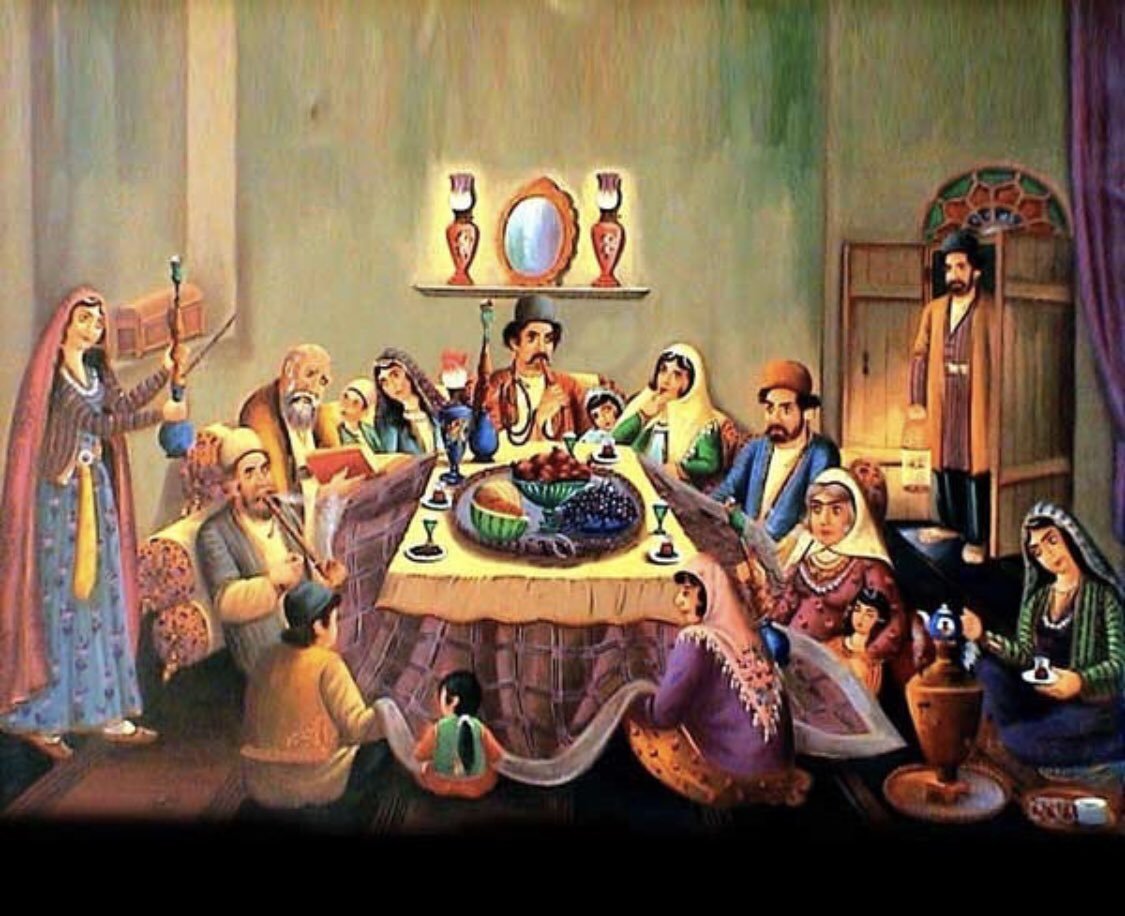
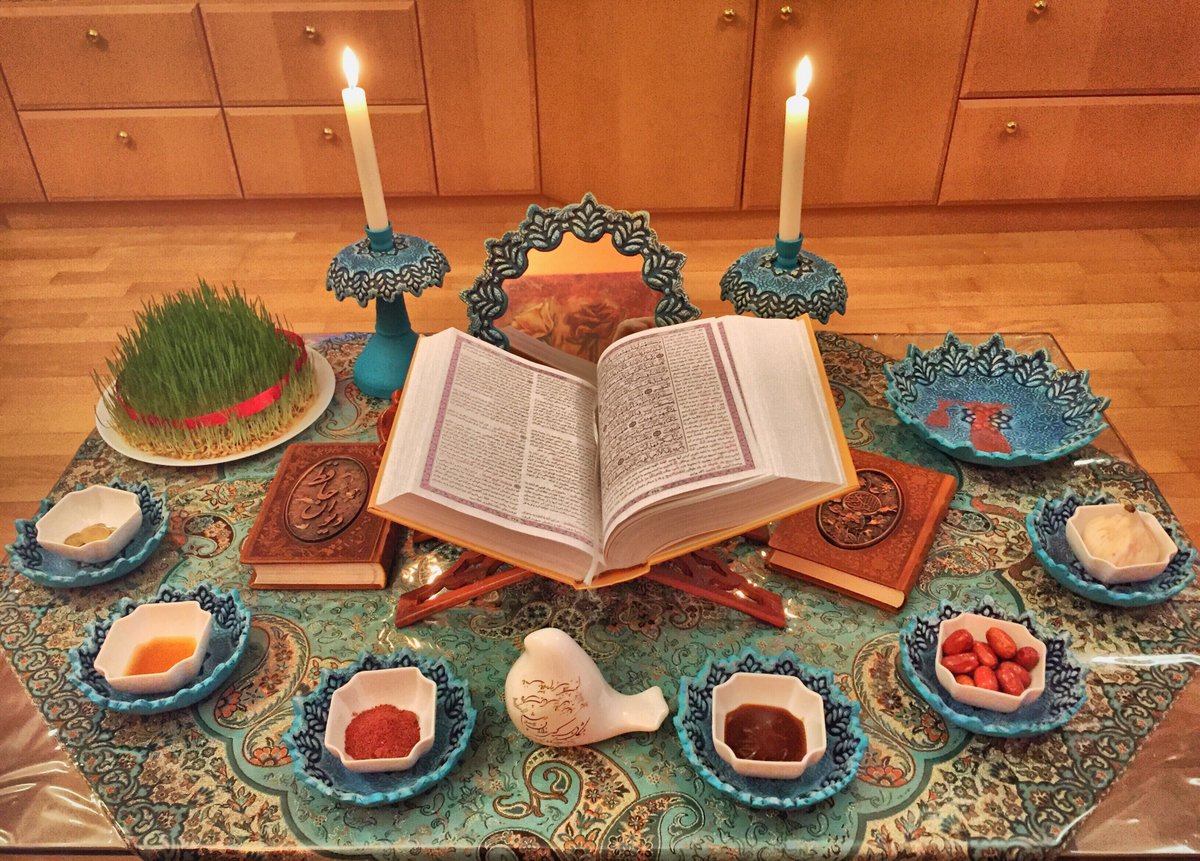
 ‘Nowruz’ - from the Persian words ‘now’ (new) and ‘ruz’ (day) - is an ancient festival celebrating the end of winter and start of warmer spring days.
‘Nowruz’ - from the Persian words ‘now’ (new) and ‘ruz’ (day) - is an ancient festival celebrating the end of winter and start of warmer spring days. 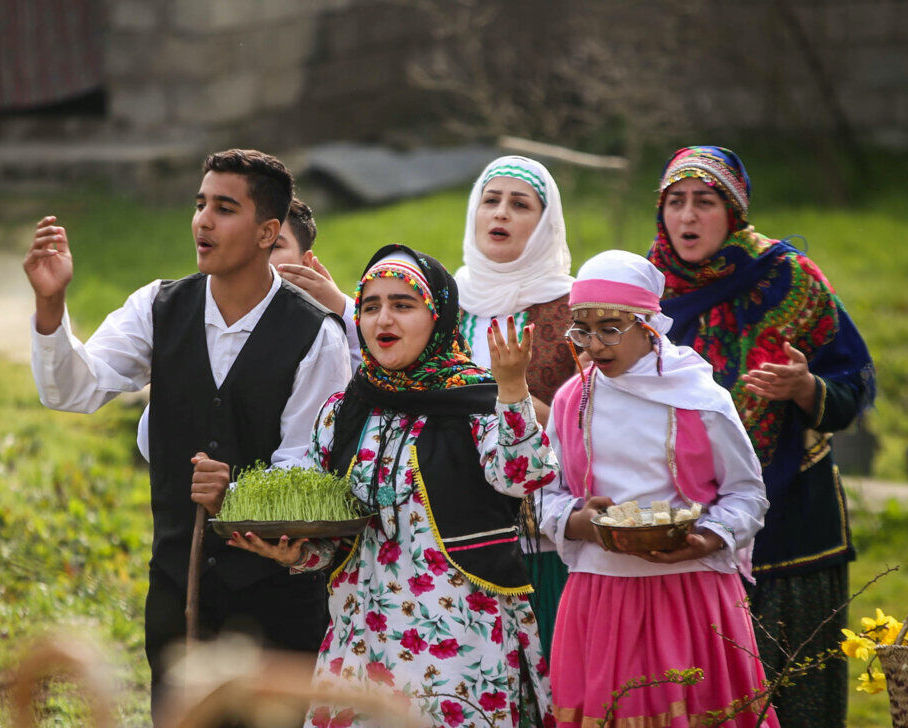

 Also known as Shab-e Chilla, Yaldā falls on December 21st, which is the end of the Iranian month ‘Āzar.’
Also known as Shab-e Chilla, Yaldā falls on December 21st, which is the end of the Iranian month ‘Āzar.’





 ‘I left the house, a drunk approached,
‘I left the house, a drunk approached,
 Nowruz comes from the Persian words 'now' (new) and 'rūz' (day). It has been indigenously celebrated for millennia in Asia and Europe (pictured) and is now observed worldwide by various diaspora communities.
Nowruz comes from the Persian words 'now' (new) and 'rūz' (day). It has been indigenously celebrated for millennia in Asia and Europe (pictured) and is now observed worldwide by various diaspora communities. 

 Before the printing press, divans (collections of poetry) were written and copied by hand, which invariably lead to copy errors. Copyists also removed poems they doubted the authenticity of, which was determined by the 'feel' of the poem, producing variable results. (2/11)
Before the printing press, divans (collections of poetry) were written and copied by hand, which invariably lead to copy errors. Copyists also removed poems they doubted the authenticity of, which was determined by the 'feel' of the poem, producing variable results. (2/11)
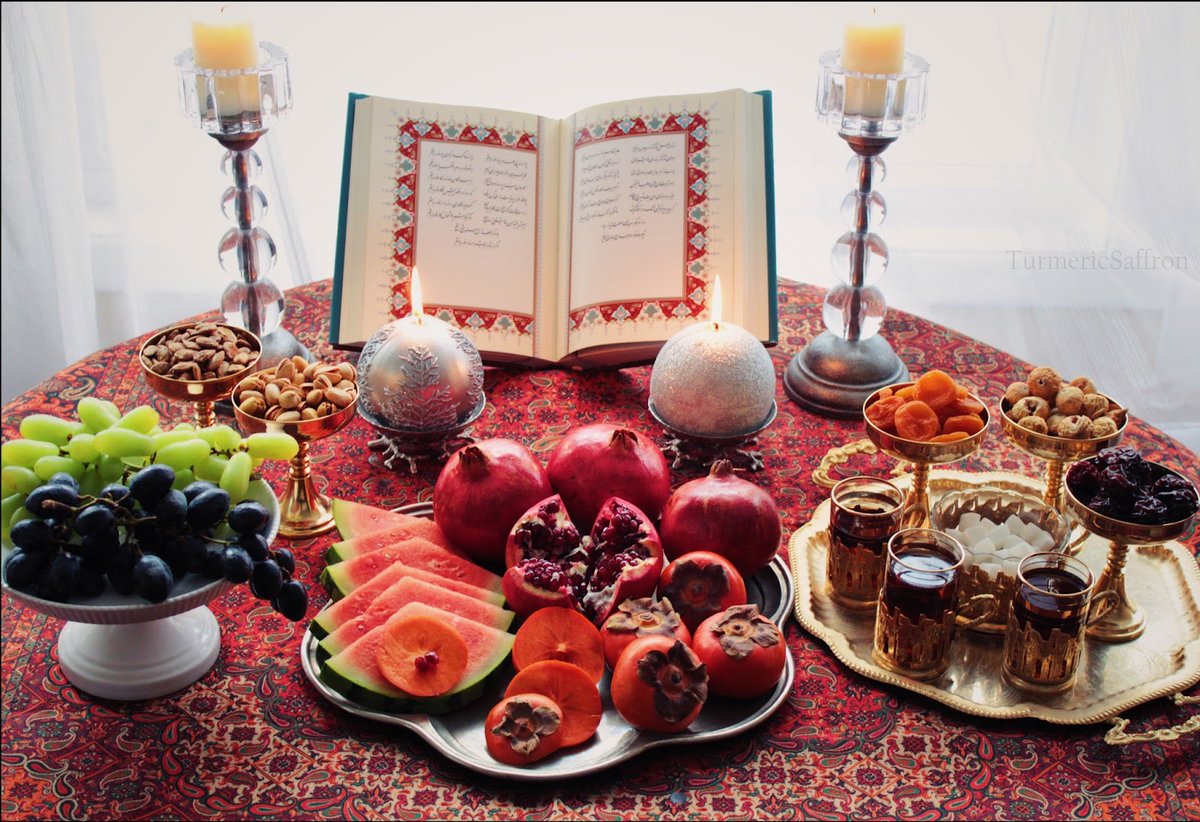
 Shab-e Yaldā or Shab-e Chelleh is the twentieth/twenty-first of December, or the end of the ninth month (Azar) in the Iranian calendar. Iranic peoples stay up eating pomegranates, watermelons, nuts, sitting under a heated table called a 'korsī.' (2/7)
Shab-e Yaldā or Shab-e Chelleh is the twentieth/twenty-first of December, or the end of the ninth month (Azar) in the Iranian calendar. Iranic peoples stay up eating pomegranates, watermelons, nuts, sitting under a heated table called a 'korsī.' (2/7) 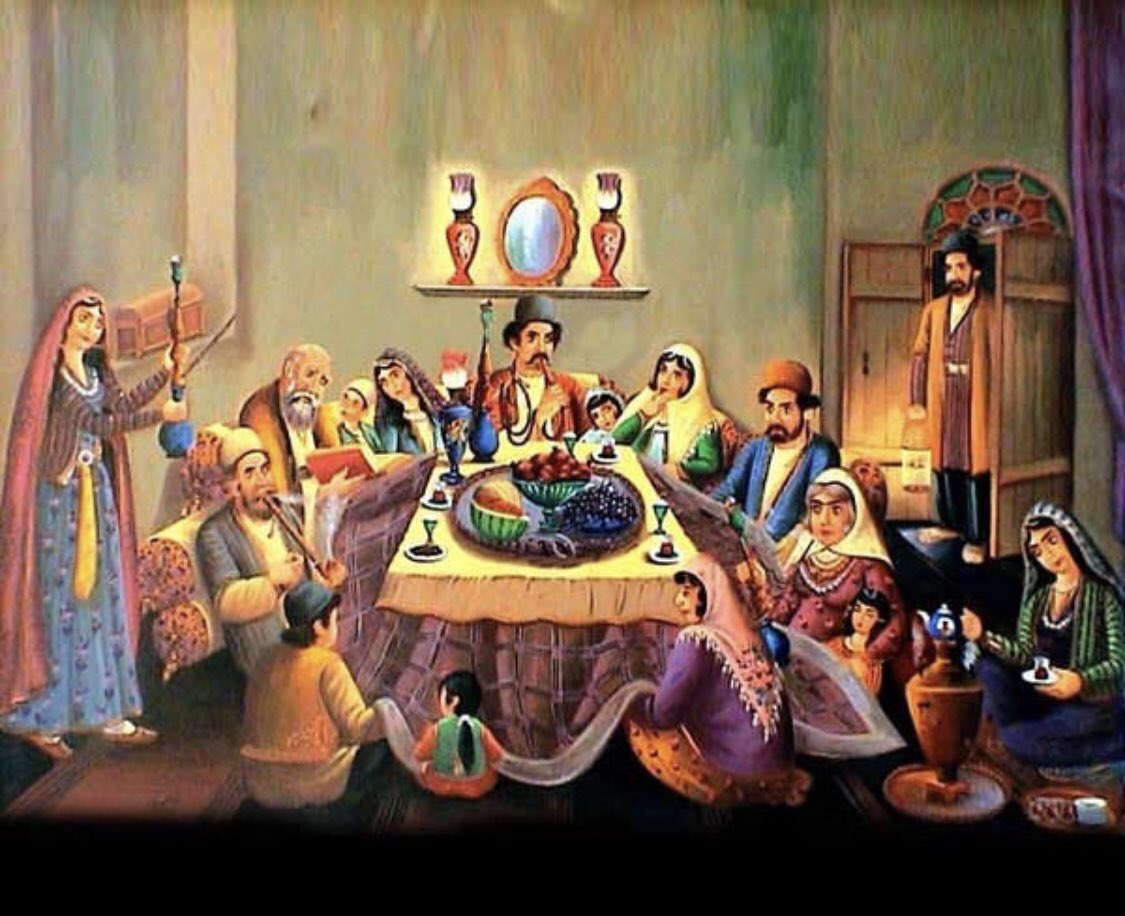

https://twitter.com/Rumi_Quote/status/1322521437748502530
 Many Muslims innocently seek out Sufism (Islamic mysticism) and end up dangerously misguided by these quotes. There's nothing wrong with getting wisdom from a follower of any faith, but we must also be careful that it doesn't contradict our Islamic teachings.
Many Muslims innocently seek out Sufism (Islamic mysticism) and end up dangerously misguided by these quotes. There's nothing wrong with getting wisdom from a follower of any faith, but we must also be careful that it doesn't contradict our Islamic teachings.
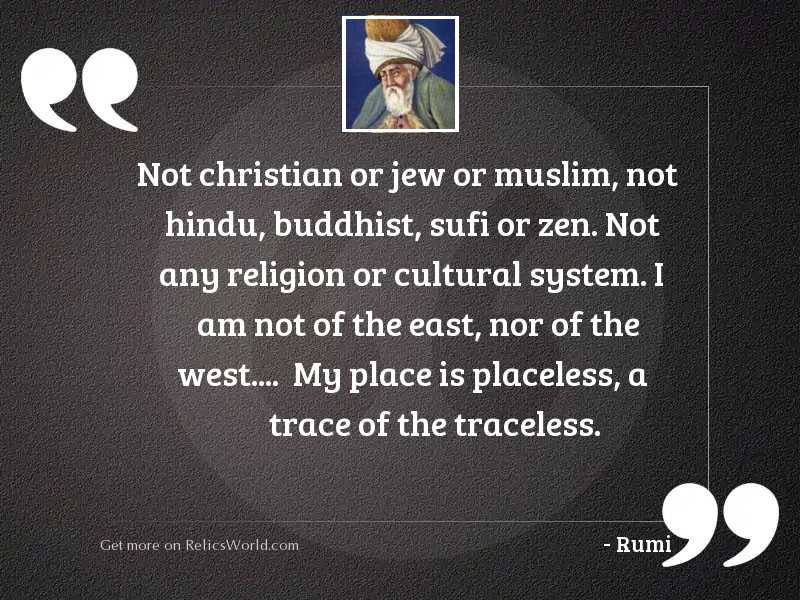
 One of the most common quotes used to claim that Rumi wasn’t a Muslim comes from page 32 of Coleman Bark’s ‘The Essential Rumi’: (2/17)
One of the most common quotes used to claim that Rumi wasn’t a Muslim comes from page 32 of Coleman Bark’s ‘The Essential Rumi’: (2/17) 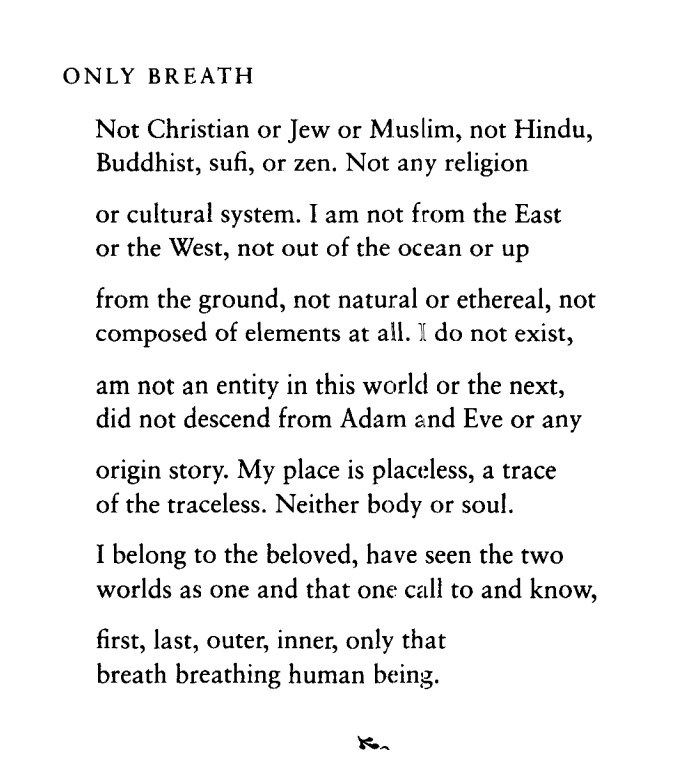
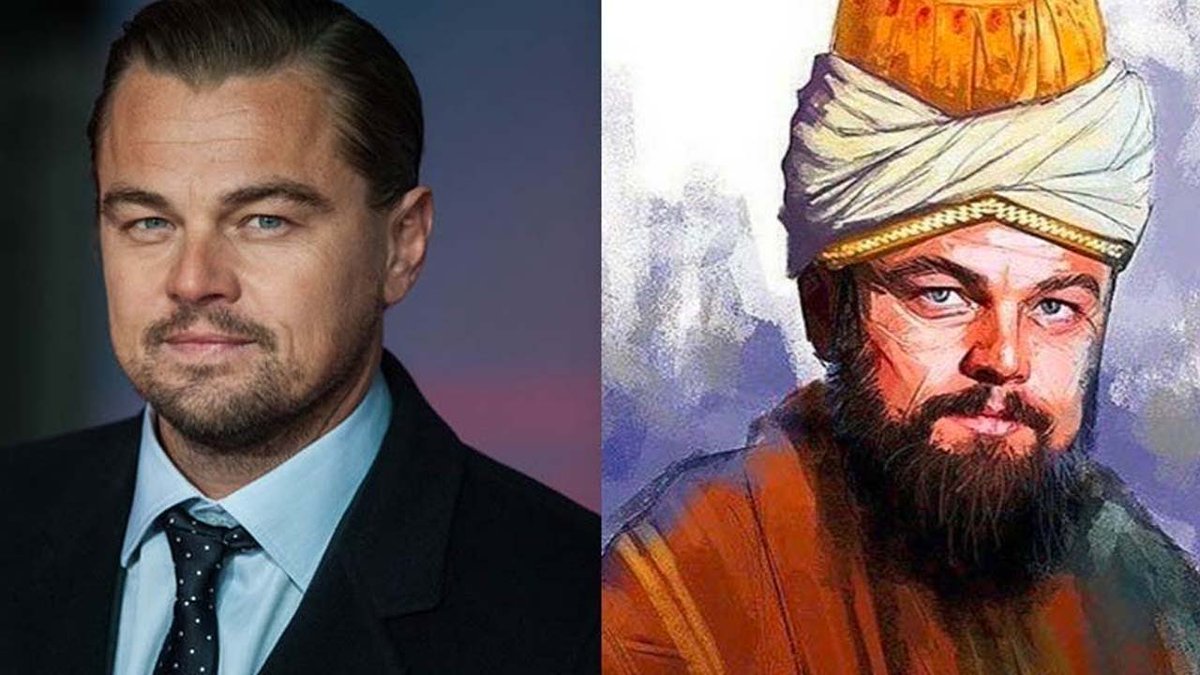
 Take this quote, commonly attributed to Moulana Rumi:
Take this quote, commonly attributed to Moulana Rumi: 